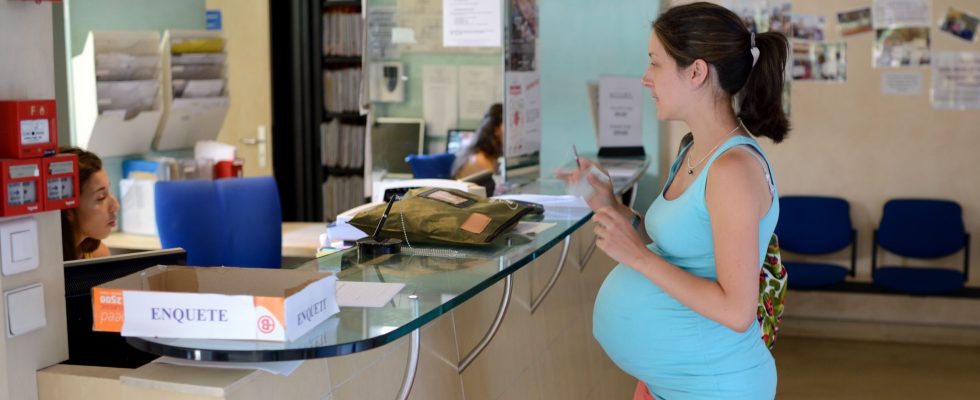YES / “We must reorganize the sector to deal with the perinatal crisis in France”
By Prof. Yves Villehead of the obstetrics gynecology department at Necker Hospital and co-author of the report.
First, there is a basic observation that led us to write this report : we are facing a perinatal crisis, it is necessary to name things well. The local maternities which carry out less than 1,000 deliveries per year are already closing one by one, in an unorganized, erratic way. They transfer women at the last moment, make massive use of temporary work… At the same time, the largest maternity hospitals now receive more than 80% of patients. But the pressure they are under contributes to the disaffection of midwives for these structures. We therefore propose, in this report, to restructure the sector, by offering women both real support – far from the cliché of the “baby factory” that we hear too often – and security in their childbirth.
The local centers, which are due to close anyway, must be transformed. They would thus become perinatal centers, which, by contracting with larger maternities, could offer face-to-face and video support for consultations during pregnancy, then support via public emergency transport such as Samu or Smur which would allow an outpatient delivery. In summary, women could be monitored locally, give birth in larger maternity wards, then return to the postpartum maternity ward.
This would also be made possible by a commitment from Medicare, which already provides funding for 20 hotel nights for pregnant women who need it in their pregnancy journey. This solution can obviously be combined with others: we provide a possible response to the deterioration in the state of perinatality in France, of which citizens must be aware.
NO / “This will pose real problems of care for women”
By Caroline CombotPresident of the National Trade Union Organization of Midwives.
We share the report’s findings – although we are skeptical about the references cited – but not the recommended solutions. If these maternities are closed, this will pose real problems in terms of organization and possibilities of care for women, pregnant or not. Because we must not forget that these structures also take care of all types of gynecological and obstetrical emergencies, at any time of the day or night: ectopic pregnancies, women who have contractions when it is not not the moment, vaginal or urinary infections, untimely bleeding, gynecological pain…
The report recommends that women can consult in small maternities before giving birth, then be taken to the largest centres, then return to our structures to be taken care of with their newborn. But this requires means of transport and a very large number of staff, whereas small maternities generally operate with two midwives per service. It is not enough ! For us, this is completely utopian.
On the one hand, the professionals tell us from the outset that if we offer them to work in a large center far from where they live, they will not go – they will change their way of working or change their profession. On the other hand, the patients confide to us that in the event of untimely bleeding or unexpected contractions, they will have the reflex to go to the nearby maternity ward where they are monitored, rather than driving for 45 minutes to a greater pole. Rather than closing our maternities, we recommend thinking about systems based on the model of certain territorial hospital groups (GHT), where the teams are pooled and rotate over several establishments.
